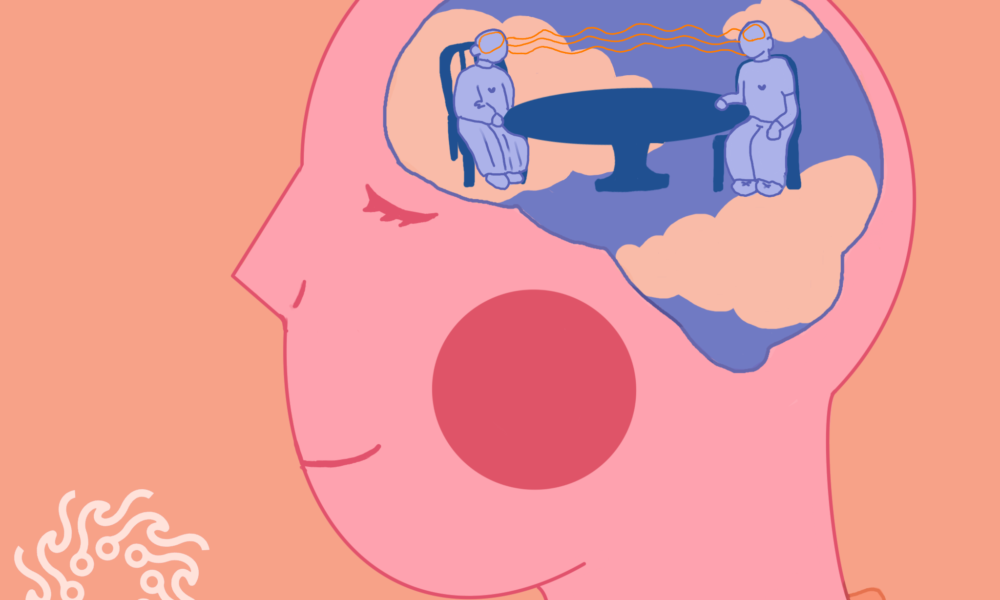The Cognitive Science Undergraduate Research Forum (CogSURF), Montreal’s first undergraduate-led conference of its kind, will host its inaugural event on Feb. 27 at the University Centre. This event aims to showcase undergraduate talent and break down the barriers to open science for undergraduate students across Montreal. With over 340 registrations, CogSURF will offer a day filled with presentations, networking opportunities, and showcases of research disciplines across the cognitive sciences.
Le Thuy Duong Nguyen, a U3 student in McGill’s Honours in Cognitive Science program and executive chair of CogSURF, began developing the conference in July 2024, where she assembled an executive board of undergraduate students from McGill.
“I personally found my passion for science and research through going to open conferences,” Nguyen said in an interview with The Tribune. “This was really a big mission of mine—to create something that would be accessible to all levels, universities, and disciplines to converge at one big event.”
Maria Lagakos, CogSURF’s executive co-director of partnerships and fellow U3 Honours in Cognitive Science student, explained some of the difficulties in the early stages of developing CogSURF.
“We really did this from the ground up,” Lagakos said in an interview with The Tribune. “As undergraduate students, we’ve had limited experience with conferences [….] It’s a little bit harder usually for undergrads to get involved in these large-scale conferences.”
Nguyen also discussed the development of CogSURF’s slogan: Connecting Minds, Making Waves.
“It’s been a really fun experience coming up with our slogan, which is really integral to our mission,” Nguyen said. “The logo itself has been a long process in the making. We went through so many iterations, and converged on this one where different waves represent different disciplines that are converging at this one conference.”
The event will open with a speech by Nguyen, followed by a presentation from keynote speaker Nancy Kanwisher, a professor of Brain and Cognitive Sciences at MIT.
“[Kanwisher] is my absolute role model and scientific hero,” Nguyen expressed, reflecting on how Kanwisher presented at one of the very first conferences Nguyen attended, sparking her interest in cognitive science research.
Afterward, there will be a flash talk session, where undergraduate students showcase their research in three-minute thesis-style presentations. Following lunch, CogSURF will hold a poster presentation session where 30 committee-selected undergraduate students will present their innovations, after which another flash talk session will take place. The day will also include a panel discussion featuring experts from a wide range of disciplines and institutions, including Ian Gold, Karim Jerbi, Doina Precup, Stevan Harnad, and Charles Reiss.
“I think we have top-notch speakers. This is my ideal panel scenario, and I’m really excited for it,” Nguyen said.
The closing ceremony will then announce the award recipients, and to commemorate the evening, CogSURF will host a ‘5 à 7’ networking event at the McGill Faculty Club.
Benjamin Lévesque-Kinder, a third-year undergraduate student in McGill’s Neuroscience program and executive co-director of partnerships at CogSURF, spoke about the future of the organization.
“Right now we’re hosting [CogSURF] at McGill, but we would really love to see it hosted by UdeM, Concordia, and UQÀM, in a way that most conferences do, where they jump around [locations],” Levesque-Kinder said in an interview with The Tribune. “The host institution brings their own perspective and intellectual background into it.”
The executives emphasized the importance of inter-university collaborations, which they believe is essential for CogSURF to become an annual conference attracting students from across Canada and beyond. CogSURF serves as an important step for undergraduate students to get involved in open science research, increasing accessibility and transparency in the cognitive sciences field.









